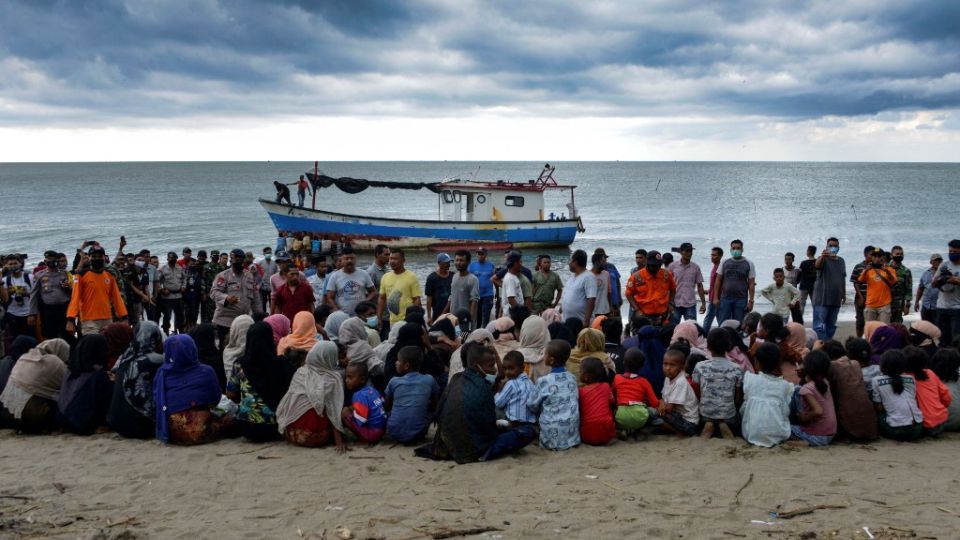June 20, 2022
JAKARTA – A state’s decision when refugees reach its borders – whether on land or at sea – does not just directly impact those women, men and children seeking safety and sanctuary. It also reveals much about the country itself: when confronted with fellow humans forced to flee persecution, conflict and human rights violations, are they allowed to stay or are they pushed away, back to danger? The decision can either save lives and strengthen our shared sense of humanity or, in the worst case, destroy lives and disgrace humankind. Indonesia’s humanitarian leadership in the region has saved lives. In the last 24 months, five boats with Rohingya refugees reached Indonesian waters and were allowed to disembark. United Nations High Commissioner for Refugee (UNHCR), the UN refugee agency, together with the International Organization for Migration (IOM) and several other humanitarian agencies, worked hand in hand with the government to respond to the refugees’ needs.
This August will mark five years since the latest mass exodus of Rohingya refugees from Myanmar in 2017. Today, there are over 900,000 Rohingya refugees living in Bangladesh, and prospects for their safe, dignified and sustainable return bleak in the near-term. No region in the world has been spared from conflict and the refugee movements that follow. As of May this year, the number of people forced to flee their homes due to conflict, violence, human rights violations and persecution reached a record 100. More than 11.3 million of them are uprooted in the Asia-Pacific region. The 1951 Refugee Convention, as well as the 1967 Protocol, form the bedrock of international refugee protection, with 149 states party to either or both. Indonesia is party to many international human rights instruments. International human rights instruments are important because they reflect the world’s common values of humanity, compassion and solidarity. Many of the values exemplified in the Refugee Convention are put into practice in Indonesia. It is therefore not a surprise that accession to the Convention was included in the government’s National Plan of Action of Human Rights 2004–2009. However, the recommendation was not taken to fruition.
Indonesia is a leader in the region and in a world where unfortunately many states do not react in a humanitarian spirit to refugees’ arrival at their shores. Considering the size of its population, the strength of its democracy, its diversity and its human and values-based conduct, Indonesia has earned the respect of the international community. It is seen as a model in many areas.
Being a leader comes with obligations to set an example. Accession to the 1951 Refugee Convention is a natural step for Indonesia to take considering its policy priorities in the region and the world. It would also send a positive signal to other states in the region and the world about the importance of taking a humanitarian stand in the face of the human consequences of conflict, violence and persecution. In addition to reflecting shared humanitarian values, the refugee convention assists states on many fronts. It assists in preventing friction between states on refugee questions. By being a party to the convention, any act of granting asylum will be understood by the refugee’s country of origin, as a peaceful, humanitarian and legal act rather than a hostile gesture. It is helpful in these times of tensions in many parts of the world. Support to international conventions is at the core of a well-functioning multilateral system; just as fair national laws are for a democratic state. By signing the 1951 Refugee Convention, Indonesia will be able to fulfil its potential for leadership on the humanitarian front and encourage other states to do the same in this region and around the world, positively impacting the lives of millions in need of protection. I hope that will be the chosen course of action.


